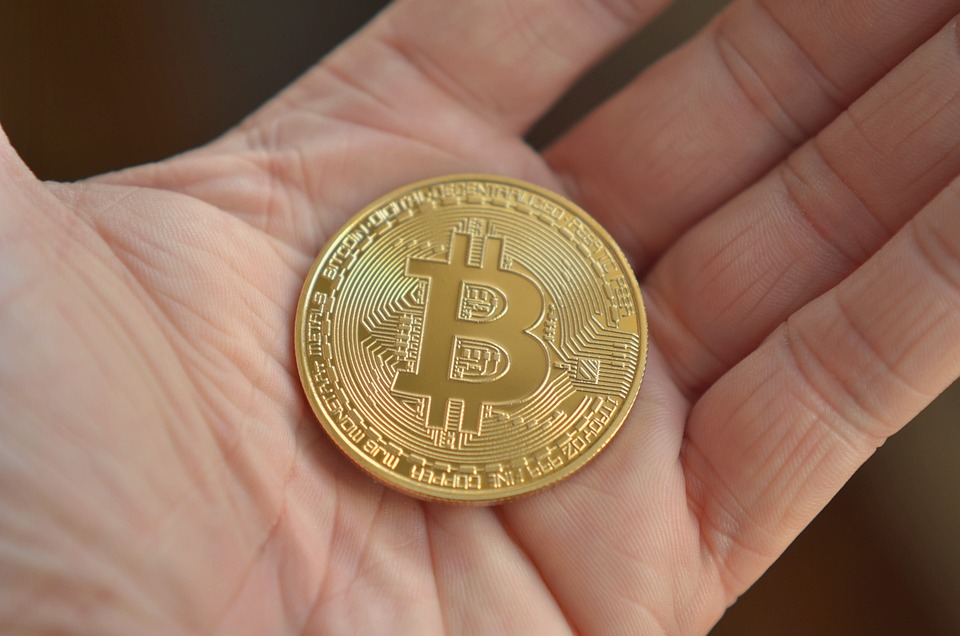Bitcoin vs. Altcoins: Why BTC Remains King in Today’s Crypto Market
The cryptocurrency landscape has witnessed an extraordinary evolution since the inception of Bitcoin in 2009. As the pioneering digital currency, Bitcoin—often referred to by its ticker BTC—solidified itself as the king of cryptocurrencies. However, in the years following its launch, thousands of alternative coins, or altcoins, have emerged, each promising unique features and potential use cases. Despite this competitive market, Bitcoin continues to hold its position at the top. This article explores the reasons why BTC remains king in today’s crypto market.
The Original Cryptocurrency
Bitcoin is the first cryptocurrency to be created, and it introduced the concept of decentralized digital currency to the world. Its unique blockchain technology provides a secure, transparent ledger that has no central authority, making it an attractive alternative to traditional financial systems.
Bitcoin’s status as the original cryptocurrency lends it a significant first-mover advantage. With almost 15 years of adoption and continuous development, Bitcoin has garnered tremendous brand recognition, which is instrumental in attracting new investors and users—especially in an industry often criticized for its volatility and trustworthiness.
Market Dominance and Liquidity
As of 2023, Bitcoin consistently dominates the cryptocurrency market in terms of market capitalization, holding around 40-50% of the total crypto market cap. This level of dominance instills a sense of stability and reliability among investors, fostering confidence in Bitcoin as the benchmark for defining the entire cryptocurrency market.
The high liquidity of Bitcoin makes it an attractive asset for investors. High liquidity translates to ease of buying and selling without significantly affecting the price, which is essential for large-scale investors. Many exchanges prioritize Bitcoin trading pairs over altcoins, further solidifying its status as the go-to cryptocurrency.
Network Security and Decentralization
Bitcoin’s blockchain operates on a proof-of-work consensus mechanism, which provides a level of security unmatched by most altcoins. This mechanism requires enormous computational power and energy, thereby making it exceedingly difficult for malicious actors to compromise the network. As a result, Bitcoin has proven resilient against potential attacks and has maintained a strong uptime.
Moreover, Bitcoin’s decentralized nature is a key feature that resonates with its users. Unlike many altcoins that may be controlled by a central authority, Bitcoin’s network is powered by a wide array of independent miners and nodes. This decentralization is crucial in preserving the cryptocurrency’s integrity and aligns with the ethos of a trustless financial system.
Adoption and Institutional Investment
Institutional acceptance of Bitcoin has surged in recent years, drawing significant interest from hedge funds, corporations, and even governments. Major companies like Tesla, MicroStrategy, and Square have added Bitcoin to their balance sheets, enhancing its legitimacy as a store of value akin to gold.
Furthermore, Bitcoin has become a cornerstone of crypto investment portfolios. Financial products like Bitcoin ETFs (Exchange-Traded Funds) in various jurisdictions have made it easier for traditional investors to gain exposure to Bitcoin without the complexities of handling digital wallets.
Store of Value: Digital Gold
One of the most compelling arguments for Bitcoin’s supremacy is its growing reputation as "digital gold." As inflation concerns rise globally, many investors view Bitcoin as a hedge against economic instability. With a capped supply of 21 million coins, Bitcoin is deflationary by design, which appeals to investors weary of traditional fiat currencies experiencing devaluation.
This narrative of Bitcoin as a store of value is further strengthened by its scarcity. While many altcoins have flexible supply mechanisms or inflationary emission schedules, Bitcoin’s fixed supply is a significant selling point that attracts long-term investors.
Innovation and Development
While Bitcoin might have established itself firmly at the top, it has not stagnated in innovation. The Lightning Network, a layer-2 solution, aims to improve Bitcoin’s scalability and transaction speeds, addressing one of the major criticisms surrounding its usage.
Though altcoins often focus on smart contracts or specific use cases, the ongoing development of Bitcoin continues to bolster its usability and strength in the market. Bitcoin continues to attract the best developers who are eager to enhance its functionality, making it a highly adaptive asset over time.
Conclusion
Even in a crowded field of altcoins, Bitcoin remains the unrivaled leader in the cryptocurrency market. Its pioneering role, market dominance, security features, adoption by institutions, reputation as a digital store of value, and ongoing innovation collectively solidify its position. While the future is unpredictable and the crypto market continues to evolve, Bitcoin’s fundamentals appear strong enough to ensure its reign as the king of cryptocurrencies for the foreseeable future. For investors looking to navigate the volatile seas of cryptocurrency, Bitcoin remains the most stable ship.


